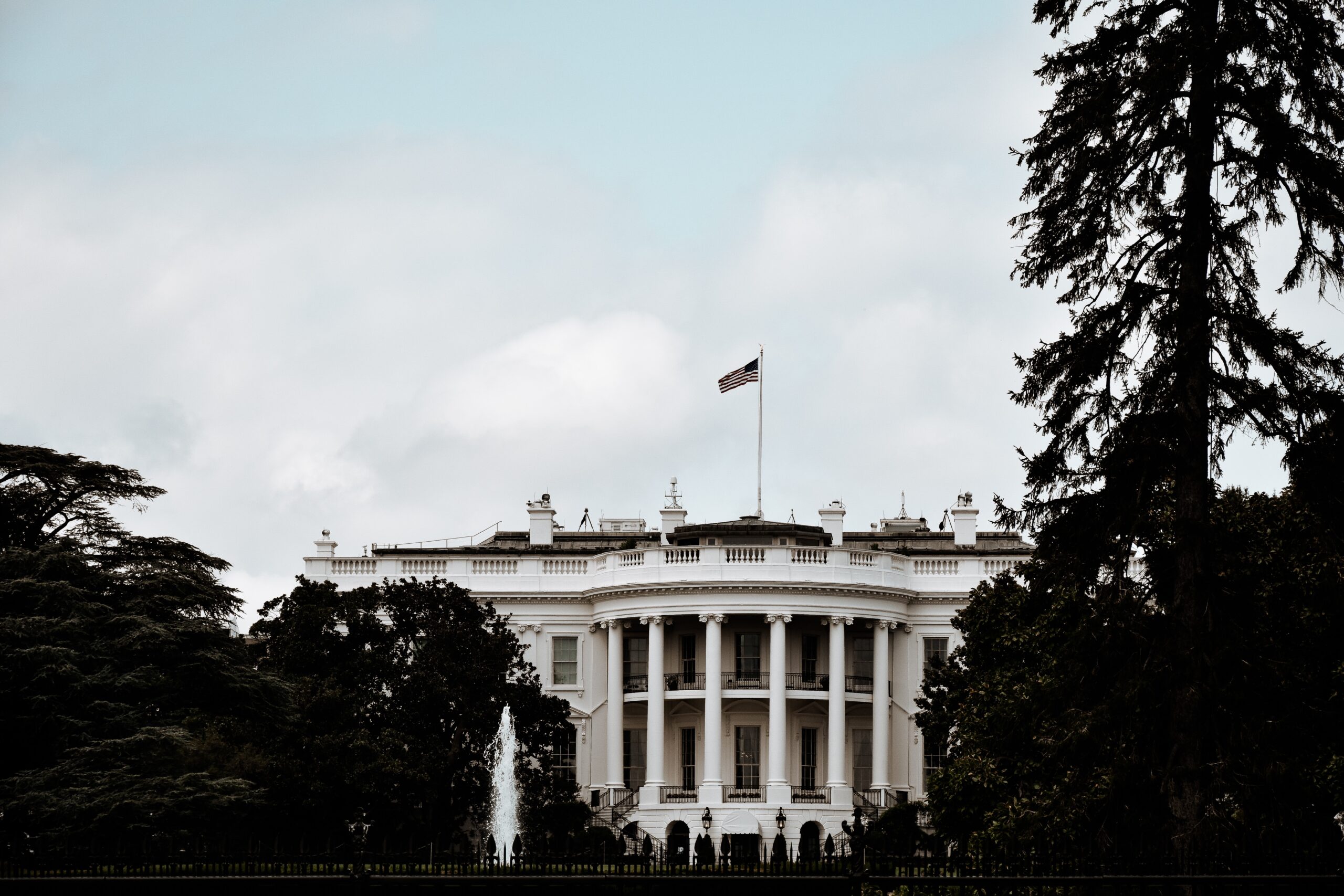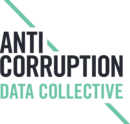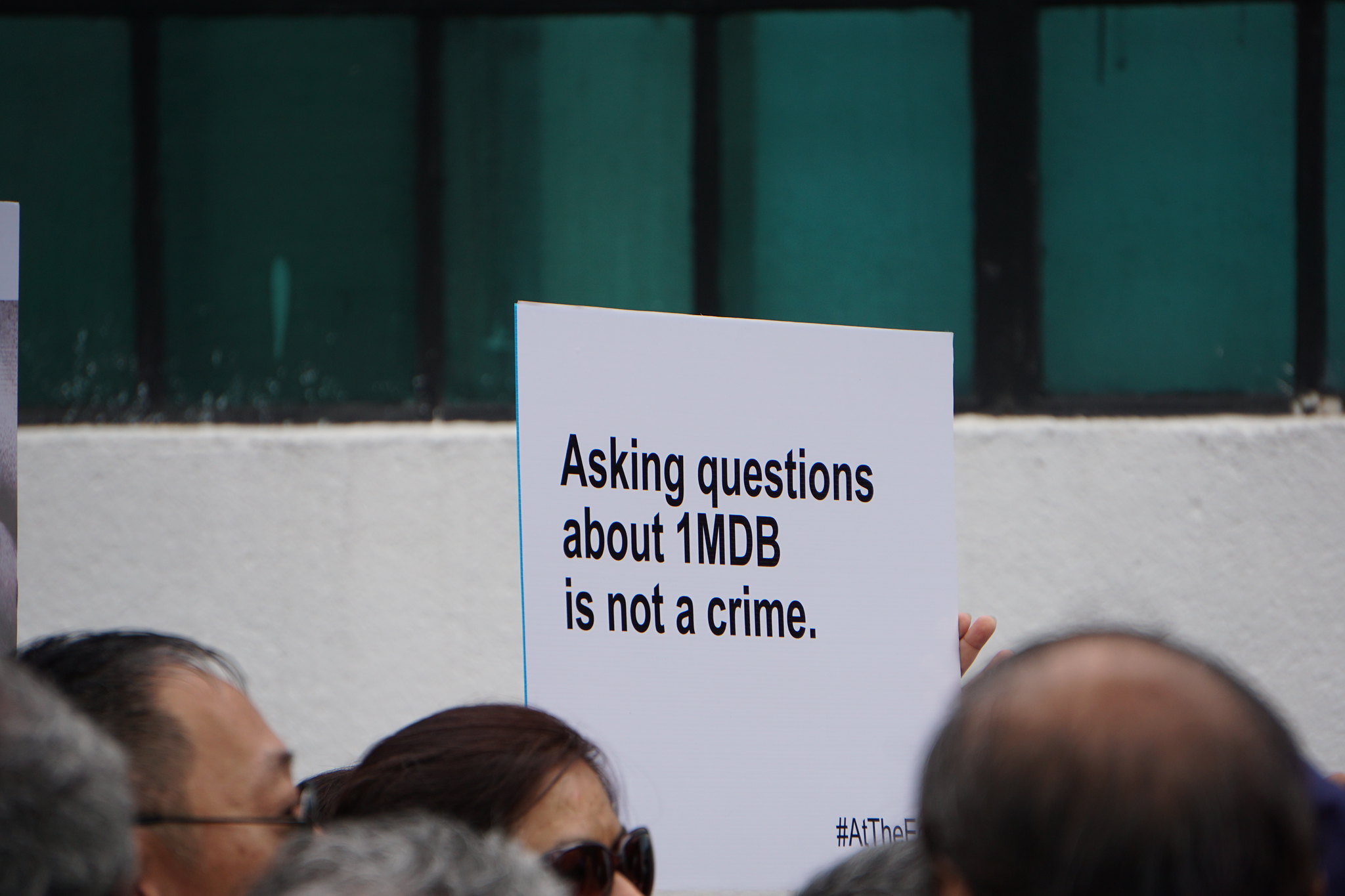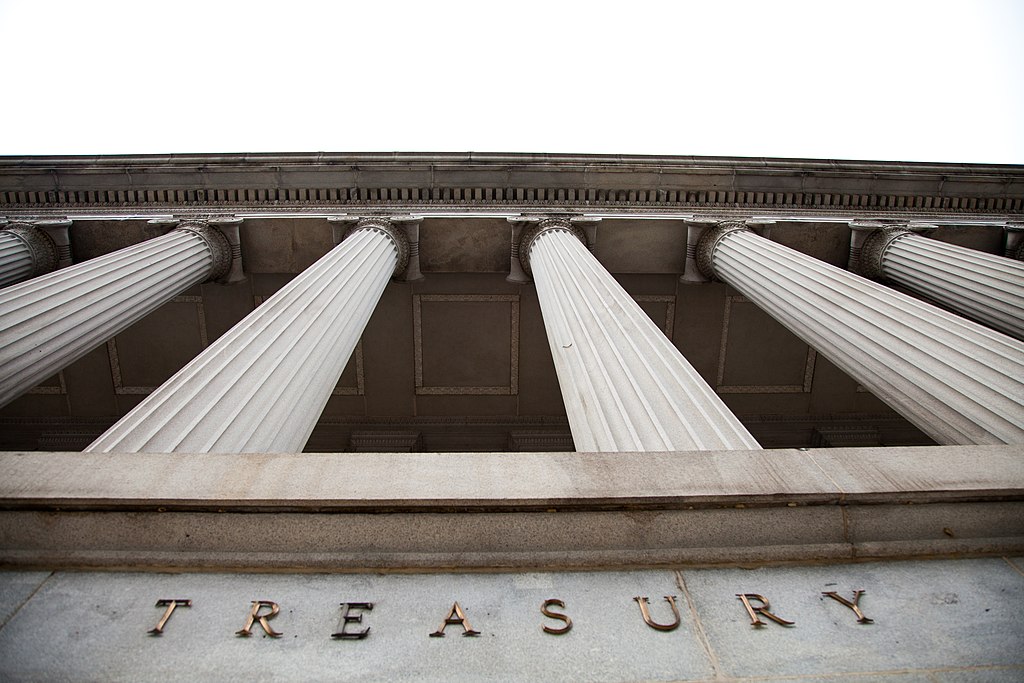Time to open up the financial interests of the White House

Congressional stock trading is a hot topic in Washington, even sparking one of the most unlikely bipartisan alliances earlier this month when Alexandria Ocasio-Cortez and Matt Gaetz co-sponsored a bill to ban lawmakers and their spouses owning and trading stocks.
But, what about the unelected officials appointed by the White House? We know that political appointees in any administration are often wealthy, with active investment portfolios spanning multiple asset classes. They also often have access to privileged information regarding policy, regulation and markets. So, how do journalists, watchdog organizations and political scientists ensure that government ethics frameworks are working to prevent conflicts of interest? How can we look into the financial interests at the very top of the government?
At the moment, it isn’t easy.
Executive branch political appointees are required to submit financial disclosures when they enter government, annual and transaction reports during their time in office, and termination reports when they leave government positions. These forms contain information on equities held, sold and purchased, liabilities, outside income, and other assets belonging to the appointee and their spouse.
These forms are available to the public – but only individually and upon specific request. That makes research more laborious and time-consuming than it needs to be, and stands in the way of the kind of big data analysis that can spotlight suspicious patterns and identify policy loopholes.
Civil society to the rescue
Along with the Project on Government Oversight (POGO), we’ve been collecting financial disclosures and other ethics data spanning the Biden, Trump and Obama administrations going back to late 2015.
Now, we’re preparing to make around 30,000 of these documents freely available online thanks to a partnership with OpenSecrets – the premier research group tracking money in U.S. politics and its effect on elections and public policy. We’re also fortunate to have Walter Shaub, former Director of the U.S. Office of Government Ethics, on board as a voluntary Senior Advisor to ACDC for this project.
Rather than the kind of ban rightly advocated by bipartisan allies such as Spanberger, Roy, Ocasio-Cortez, Gaetz and others when it comes to members of Congress, our goal here is to bring about the environment of transparency the government ought to have created itself. Walter Shaub said: “The government may not be excited about transparency, but this project will provide that transparency to the public until the government is willing to do its job.”
For more information, see the press release from ACDC, POGO and OpenSecrets.




